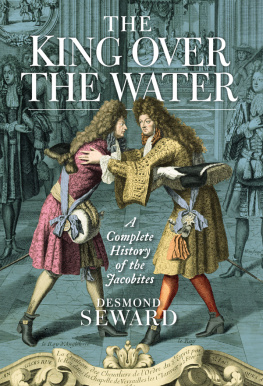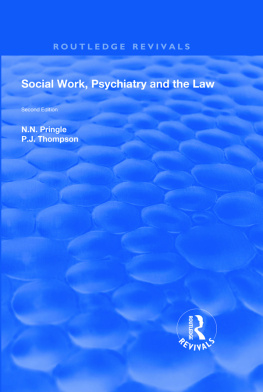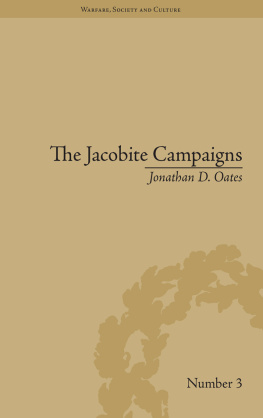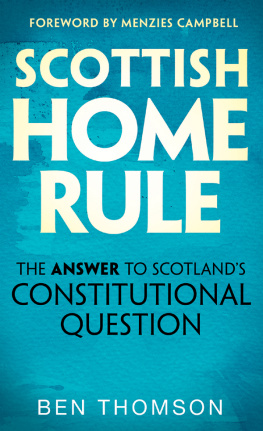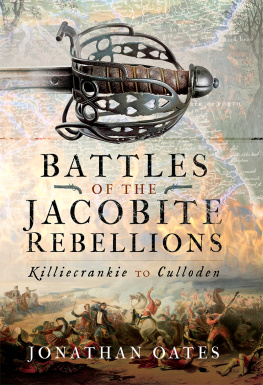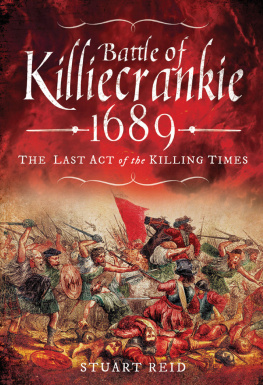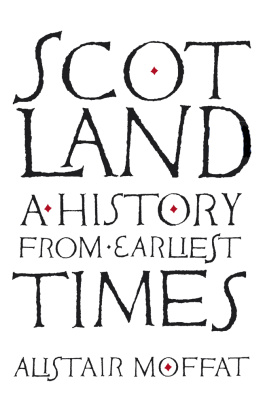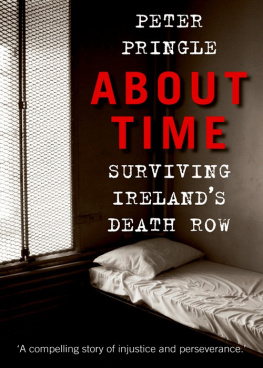STATE OF PARTIES IN SCOTLAND (1689).
Table of Contents
Source.Memoirs of Great Britain and Ireland, from the Dissolution of the Last Parliament of Charles II. until the Sea-Battle off La Hogue, vol. i., p. 215, by Sir John Dalrymple, Bart. (London and Edinburgh: 1771.)
Of those who had offered their services to William for the settlement of Scotland, three were eminent above the rest: the Duke of Hamilton, the Marquis of Athole, and Lord Stair. The Duke of Hamilton had disapproved of the measures of the late reign, but without publicly opposing them. He had observed the same cautious conduct with regard to the parties of his countrymen. He took advantage of his rank to attend none of those public cabals in which all party-measures had been conducted in Scotland, from the time of the tables of the covenant; and, by that singularity, appeared to be of no party, at the same time when he was dealing in private with all parties. Son of the illustrious house of Douglas, married to the heiress of the house of Hamilton, related to the royal family, and to most of the crowned heads of Europe, in succession in right of his wife to the crown of Scotland, at a time when the ancient families of Scotland were of importance in the scale of government, because they were of importance in their own country, his pre-eminence was seen by William, and perhaps feared. He had been entrusted with none of the secrets of the revolution from the ambiguity of his conduct. Yet he took a violent side against King James upon his first retreat, but made apologies to that Prince's friends, so soon as he heard of his return. William, therefore, affected to show him the highest honours, cajolling him by those arts which the Duke was in use to employ upon others. From hence, and from the vanity of pre-eminence, he had consented to preside in the Assembly at London, which offered the Prince the administration of government. And hence, William gave him all the influence of the court, to be president of that convention which was to make the offer of government itself.
The Marquis of Athole was a subject of great consequence, because his estate and power lay in the heart of the highlands. He had concurred in all the measures of the two royal brothers, and had been loaded with favours and honours by both. Yet, upon news of James's retreat, he flew, from restlessness of temper more than from principle, to London, while Scotland was yet in disquiet; resolved, amid contending Princes, to make the best terms for himself. He almost alone, of all those who went to London to offer their service to the Prince of Orange, returned home discontented; because his views had been too sanguine, and because he was ashamed of what he had done. His repentance he made offer of to the friends of James in Scotland, which was received, and thanked in public, but in secret distrusted.
Lord Stair had none of the external advantages of the other two. Yet, from great reach of thought, and through knowledge of men and parties gained from experience, he came to be a considerable figure in party. Upon the restoration he attached himself to the Duke of Lauderdale. The furies of that minister he often moderated, and often opposed, openly when he could, secretly when he could not; yet still preserved his friendship. After enduring many years the loss of his rank and his country, from the injustice of the Duke of York, he, at the age of seventy, assumed again his long-neglected sword and cuirass, and came over with the Prince of Orange, who was so fond of him that he carried him in his own ship. The influence of Lord Stair in party was increased by that of his son Sir John Dalrymple, a man distinguished above all by the beauty of his person, and the power of his eloquence. To the wisdom and experience of the father, to the parts and show of the son, rather than to the power of the Duke of Hamilton, William, certain that the two former could never hope to be pardoned by James, resolved to leave the management of Scotland in the end; but, in the meantime, to make advantage of the Duke's offers of service for the settlement of that country.
Of all those nobles whom James, when Duke of York, had honoured with his friendship, and when King, graced with his favours, a few only continued openly in his interest. Of these the chief were the Duke of Gordon, a Roman Catholic, to whom James had entrusted the castle of Edinburgh, a man weak, and wavering in courage, but bound by shame and religion; Lord Balcarres attached by affection, gratitude, and that delicacy of sentiment which the love of letters commonly inspires; and Lord Dundee, who had for ever before his eyes ideas of glory, the duty of a soldier, and the example of the great Montrose, from whose family he was descended. James had entrusted the care of his civil concerns in Scotland to Balcarres, and of his military ones to Dundee. William asked both to enter into his service. Dundee refused without ceremony. Balcarres confessed the trust which had been put in him, and asked the King, if, after that, he could enter into the service of another? William generously answered, "I cannot say that you can." But added, "Take care that you fall not within the law; for otherwise I shall be forced against my will to let the law overtake you." The other nobles of the late King's party waited for events, in hopes and in fears from the old government and the new, intriguing with both, and depended upon by neither.
THE CONVENTION OF ESTATES (1689).
Table of Contents
Source.Memoirs of Great Britain and Ireland, from the Dissolution of the Last Parliament of Charles II. until the Sea-Battle off La Hogue, vol. i., p. 218, by Sir John Dalrymple, Bart. (London and Edinburgh: 1771.)
The convention met on the 14th of March. As the governing part of the boroughs had been modelled by King James, the members sent up from thence should have been favourable to his interests. But Lord Stair, whose views were extensive, had taken care, in the paper which contained the offer of administration to the Prince, to recommend that the borough-elections should be made by a general poll of the burgesses; an artifice which, while it took the blame of innovation off the Prince, prepared the way for securing the elections to the whigs and presbyterians. The parties at the convention first tried their strengths in the choice of a president. The Duke of Hamilton was set up by the new, the Marquis of Athole by the old court: a singular situation, where both candidates were distrusted, both by those who recommended, and by those who elected them. The former was preferred by 40 votes out of about 150 voters: a victory which, from the nature of the human mind, determined the wavering. A committee of elections was next named, consisting of nine whigs and three tories. Sir John Dalrymple, who was an able lawyer, found it easy to start objections to the returns of the opposite party, and to remove those which were made against his own. The committee in the house followed his opinions, because the necessity of the times was made the excuse of partiality.


